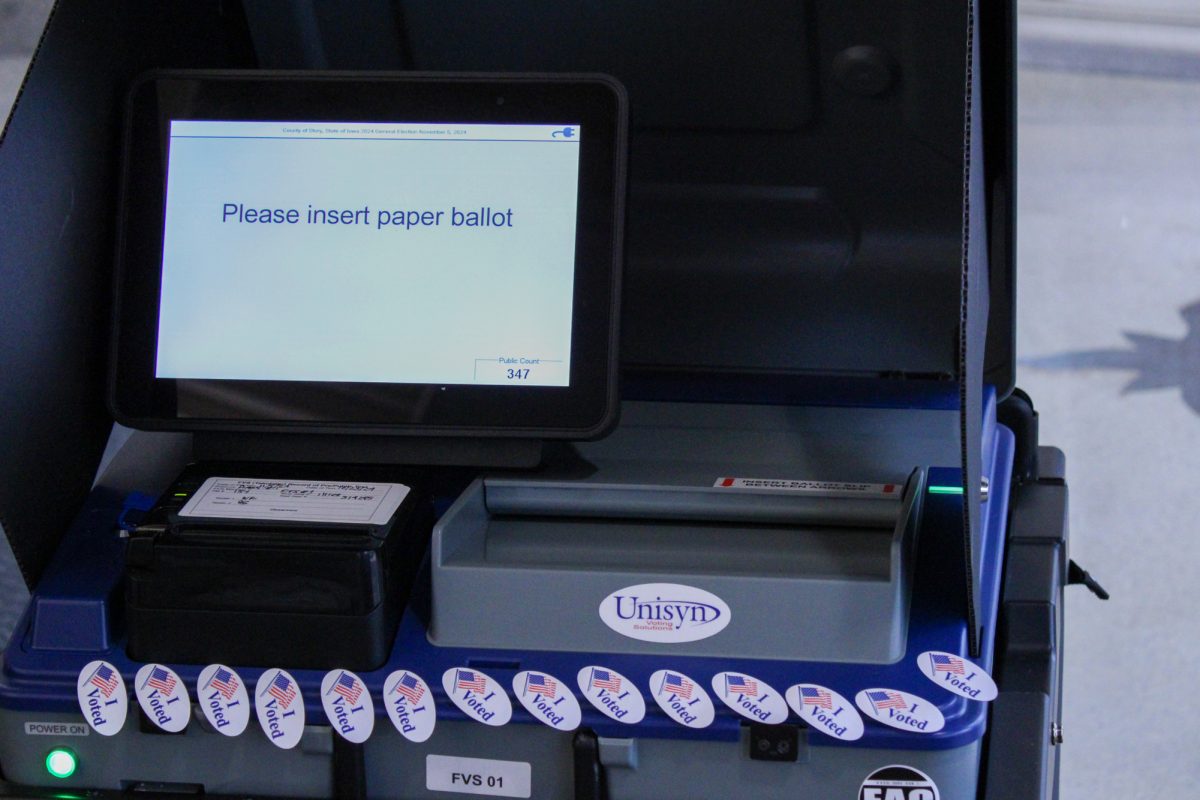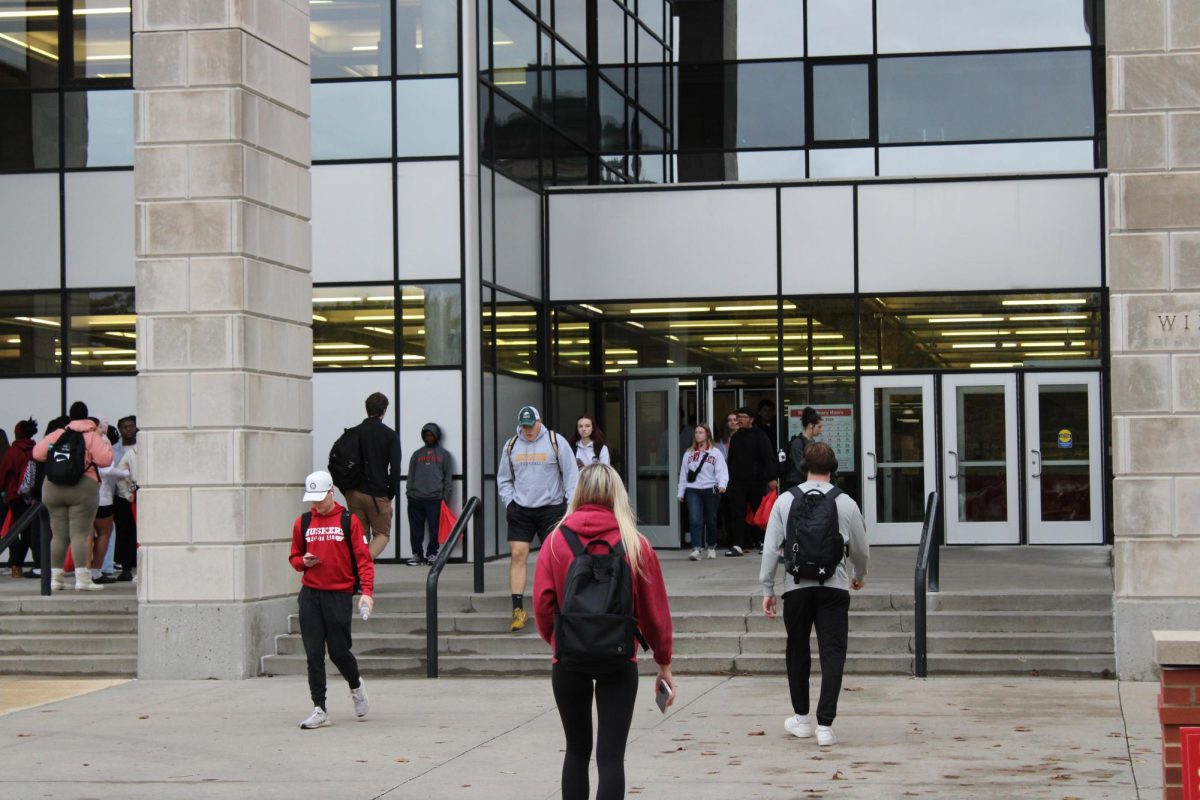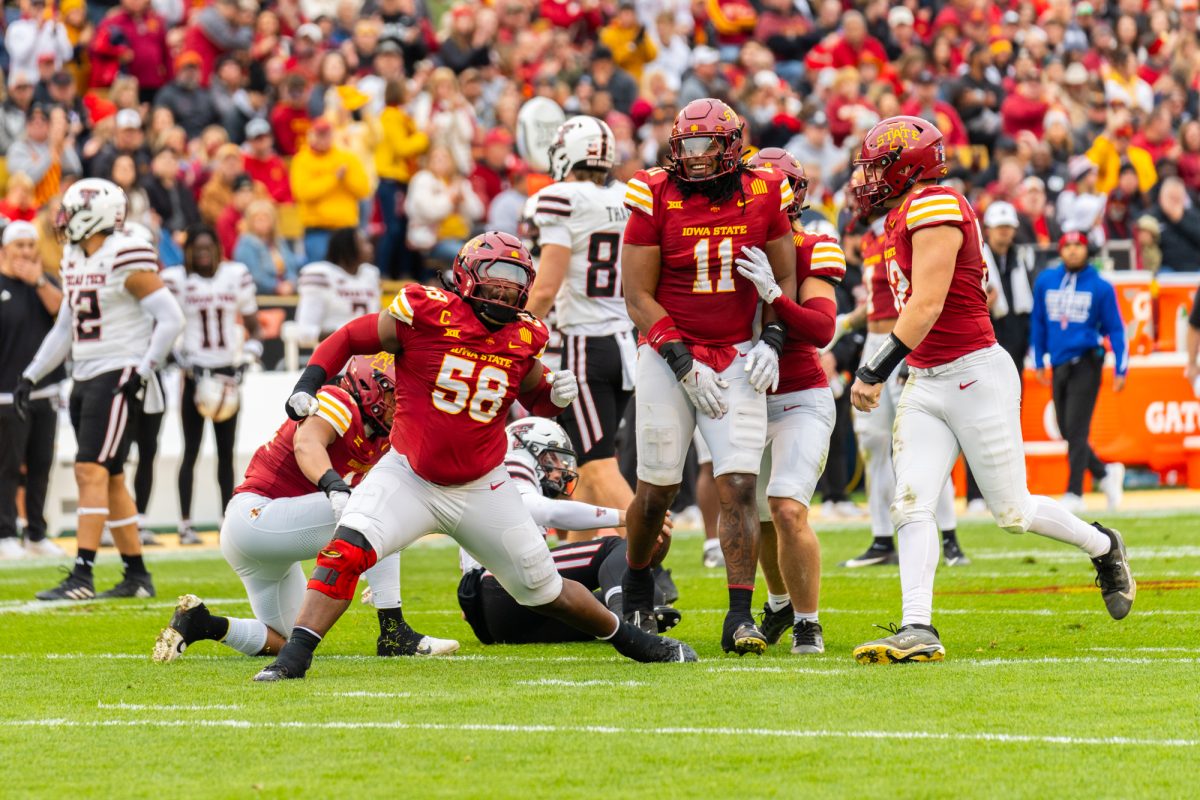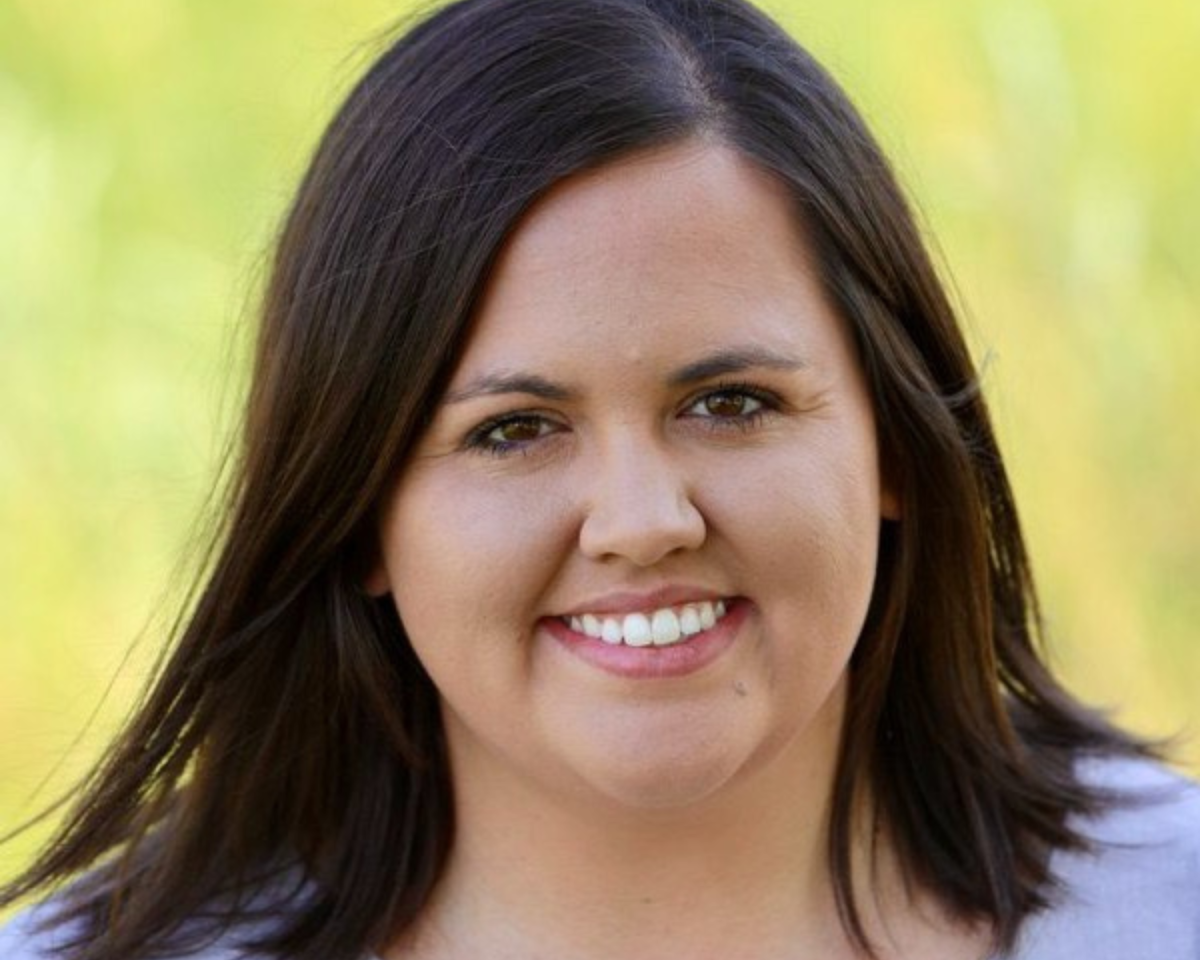Vote, or you can’t complain when you have to pee in a cup
October 22, 1998
I turn 21 tomorrow, and the imminence of this occasion can only mean one thing: Election day is right around the corner. Countless people have approached me wanting to know what I’d like for my birthday, and in all honesty one thing I’d really enjoy is seeing everyone vote.
I know you’ve heard the plea to go vote a million times before, but humor me.
The recent controversy over the budget surplus has again brought to the forefront a rather legitimate criticism of our government — it isn’t particularly forward-looking. Politicians, interested in being reelected, really have no reason to be concerned about anything beyond the immediate future because the people voting for them aren’t.
Why aren’t voters concerned about the future? Because they’ll be dead by the time it gets here. The average age of a voter is noticeably higher than the average age of an American citizen. With our voting populace skewed toward the older end of the spectrum, it’s no surprise that our political leaders tend to be more concerned with the present.
There are two fundamental reasons for this age discrepancy. One is structural: Since we have a minimum voting age but no maximum one, it’s inevitable that the typical voter be older than the typical citizen. The only ways to resolve this problem are to eliminate the minimum age or to impose a maximum age, effectively cutting off a percentage of the elder populace equal to the percentage of young people prohibited from voting. Both solutions are less than ideal.
The other reason for the difference in ages is that young people typically vote in fewer numbers than their elder counterparts. This is alarming, but unlike the previous cause, it’s easily resolved: We simply need to start going to the polls.
It’s alarming because, as young people, we have more at stake in elections than other segments of the population. Who has to live with the decisions of our government longer — a retired grandmother who plays bridge all day and has nothing better to do than vote, or college students with their entire lives in front of them? Think about it. Congressional decisions made now affect our lives far into the future.
Contrary to what you might think, college students possess a great deal of power. Corporate America has figured that out. If you don’t believe college students wield tremendous economic power, try visiting South Padre during spring break and look at how much money big business spends to get your attention — and your cash.
Yet for some reason, we seem unwilling to wield our political power as well. It’s not that Washington refuses to listen to us, it’s that we’re not saying anything.
You might think you don’t care right now, but you will 10 years from now when you’re tested for illegal drugs every other day or when you can’t raise a family because your job has moved to Myranmar or whatever. Congress’ decisions right now may not affect your life beyond making net porn harder to find, but the decisions they make now will affect your life down the road.
Some degree of apathy is certainly justified in the sense that you might not care which of the two candidates winds up in office: usually they’re pretty similar. However, not voting is no way to express dissatisfaction or to bring about a greater diversity of candidates. Failing to vote really doesn’t send a message because it’s impossible for anyone to interpret the motive behind a non-voter’s action.
People have been not-voting in record numbers lately — nothing has changed. It doesn’t matter to the system what percentage of the citizenry fills out a ballot on the first Tuesday after the first Monday in November. What matters is how candidates are voted for relative to one another, not to the registered voters as a whole.
If you want to send a message, if you don’t like the candidates, vote third party. If you’re a free market kind of person and understand why competition is better than stagnant monopoly, you ought to vote for a third-party candidate; break up the “duopoly” currently running the political industry. If you don’t have free-market leanings, then a third-party vote is obviously the way to go as well.
Of all the excuses, “I’m too busy” is by far the worst. If you’ve got time to go to the liquor store, you’ve got time to vote. If you need to cut class, do it. Any professor who gets mad at you for skipping to fill out a ballot is an ass anyway. Still “too busy?” I’ve got two words for you: absentee ballot.
Not planning on voting because you’re not well informed? Not a good excuse. Millions of uneducated voters go to the polls every year, many of them voting for precisely the opposite of what you want. Since no one’s stopping them from voting (in fact, they’re being encouraged to do so), you shouldn’t let ignorance stop you.
I’m not encouraging uninformed voting, but voting blind is probably better than not voting at all. If everyone does it, it balances out. But if only the ignorant right-wingers do it, or only the brainwashed liberals do it, we’re in trouble. And trust me, there are plenty of organizations which exist for no other purpose than to cart their ignorant, brainwashed minions to the polls.
The last good reason I can think of to vote is pretty simple: I want you to, for my birthday. Is that really too much to ask?
Ben Byrne is a senior in graphic design from Edina, Minn.






